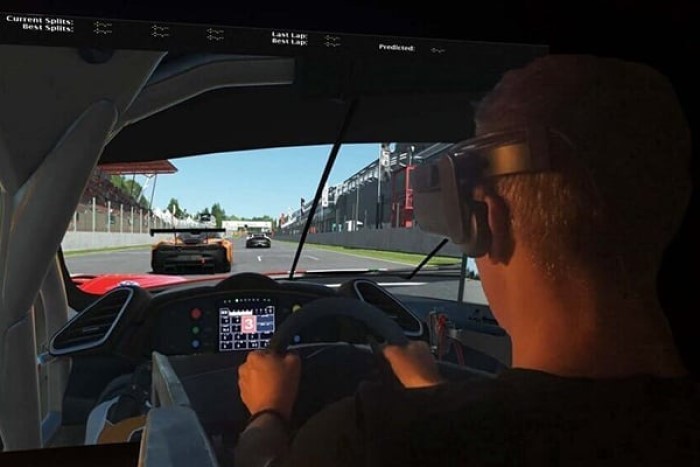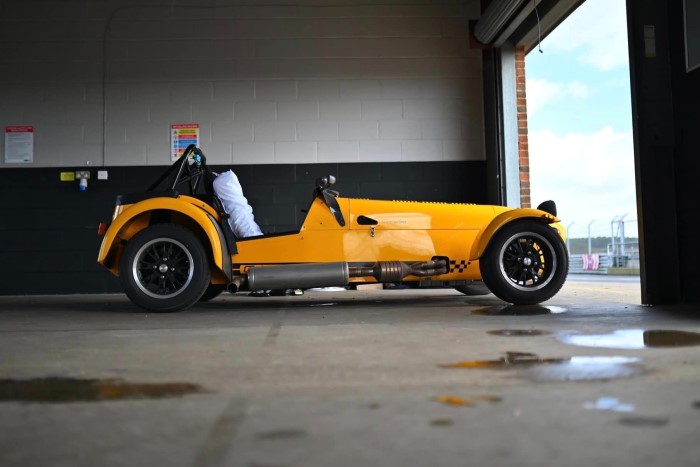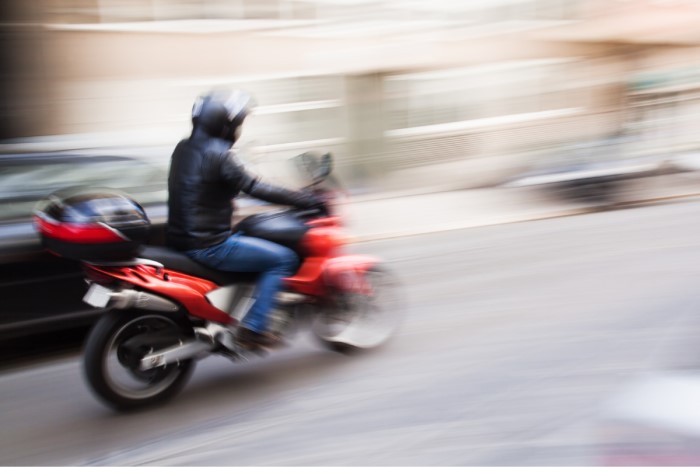Using a roof rack can be a great way to help you pack for staycations or long weekends throughout the summer in the UK. But it is easy to forget how overloading these can cause problems when driving.
Essentially, the more weight you have on the top of your car, the less overall driving stability you will have when travelling along.
Do make sure you check the weight limits of roof bars before you start cramming everything in, as not paying attention to this could increase your braking distances and make for a rough ride.
After you’ve gone through the stressful ordeal of packing your car before your journey, the last thing you want is your items sliding around on the roof or having too much stuff that weighs your car down and negatively impacts your driving.
Tyres should be checked before all long journeys anyway, but in the summer this becomes even more important as high temperatures can cause the pressure to fluctuate. Driving on hot roads can also cause tires to overheat and blowout.
If your tyres are underinflated whilst you are driving, it can cause all manner of problems including reduced fuel efficiency and impacting your steering and braking ability that can all cause avoidable road accidents.
The last thing you want during or after a long journey is to deal with a flat tyre, so the safest thing to do is check them before you start driving.
During the last UK's National Tyre Safety Month we put together this handy guide for how to manage your tyres effectively which is well worth a read if you need a refresher before beginning a long journey.
To be extra prepared, you can even carry a tire repair kit with you at all times in the back of the car for emergencies.
According to Brake, the road safety charity, across the world, it’s estimated that between 10-20% of all road crashes are fatigue related.*
Unsurprisingly, your chances of feeling fatigued or even falling asleep at the wheel are likely to increase in the summer months when conditions are warm and the daylight hours are long - tempting you to travel longer distances.
Although it may seem obvious, nobody should be driving if they are feeling fatigued, have had a sleepless night or are on certain medications that can make them prone to drowsiness. But fatigue can come on purely as a result of driving for long periods too.
The good news is, there are plenty of simple changes you can make to your driving to reduce the risk of this happening. If you’re feeling tired, do:
Arriving somewhere in good time is never worth the risk if it means you are fatigued and end up making poor decisions that go on to impact the safety of your driving.
Longer daylight hours and better all round driving conditions can make longer journeys more pleasant and appealing.
Many of us will jump at the chance to make the most of the summer sun and explore an area near us but it’s important to remember these easy changes to make each journey as safe as possible in the months to come.
Is the better weather inspiring you to get outside and organise a Staycation break? For those of you who are motor enthusiasts or simply are wanting to try something new, why not incorporate a Track Day into your itinerary. Luckily, here at Track Days we have many venues up and down the UK with a range of driving circuits to choose from.
*- Source: Brake




